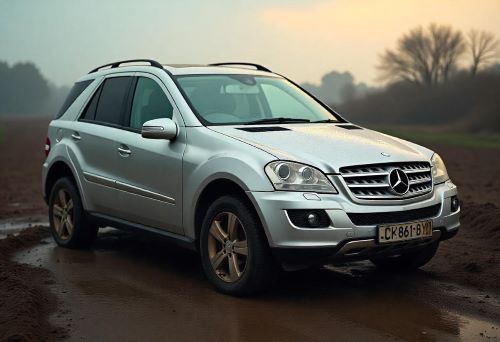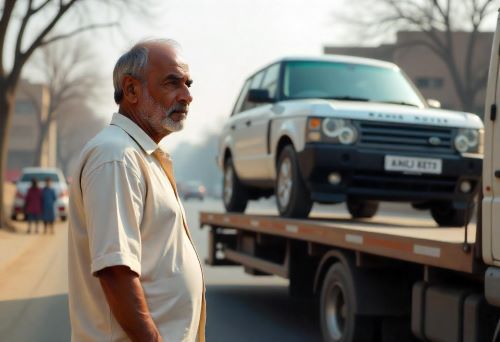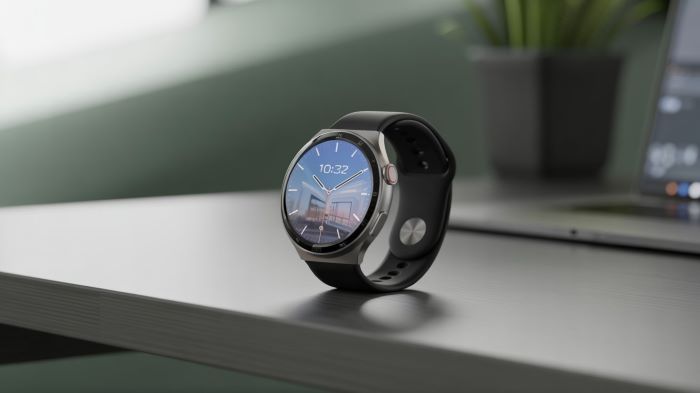Luxury Car Owners Face Massive Financial Losses as Delhi’s Fuel Ban Takes Effect , Delhi Fuel Ban 2025: Impact on Vehicle Owners , The Delhi fuel ban, enforced from July 1, 2025, has sent shockwaves across the city, especially among luxury car owners. As per the new regulation, diesel vehicles older than 10 years and petrol vehicles older than 15 years are now prohibited from refueling at petrol pumps in Delhi.
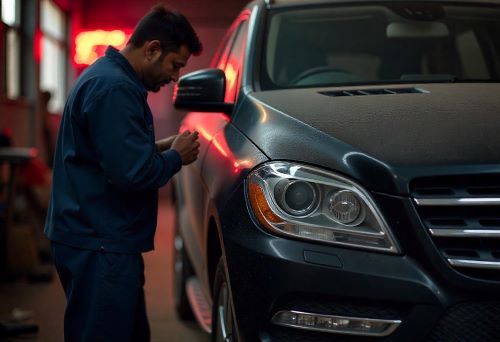
This move, aimed at curbing pollution in the capital, is based on the directive of the Commission for Air Quality Management (CAQM). However, the economic burden on car owners has been immense, with some being forced to sell their high-value vehicles for a fraction of their original cost.
Mercedes-Benz ML350 Worth Rs 84 Lakh Sold for Rs 2.5 Lakh
One of the most heartbreaking examples of the fallout from the Delhi diesel ban is the story of Varun Vij, a resident of Delhi. Vij owned a 2015 Mercedes-Benz ML350, a luxury SUV that originally cost Rs 84 lakh. Due to the fuel ban, he was compelled to sell the car for just Rs 2.5 lakh.
Key Highlights:
- Vehicle: Mercedes-Benz ML350
- Original Price: Rs 84 lakh
- Sold For: Rs 2.5 lakh
- Odometer: 1.35 lakh kilometres
- Condition: Excellent, only regular maintenance and tyre changes
Vij expressed deep emotional distress, stating,
“Imagine—a car worth Rs 84 lakh, reduced to just Rs 2.5 lakh. I had no choice.”
Why the Fuel Ban Was Implemented
Objective Behind the Ban:
The Delhi government implemented the 10-year diesel vehicle ban and 15-year petrol vehicle ban to reduce vehicular emissions, a major contributor to Delhi’s severe air pollution.
Ban Highlights:
- Diesel vehicles over 10 years old cannot refuel in Delhi.
- Petrol vehicles over 15 years old also face the same restriction.
- Aimed at curbing pollution levels and improving air quality index (AQI).
- Enforced by the Commission for Air Quality Management (CAQM).
However, the execution of this policy has caused significant distress among thousands of car owners, especially those who invested in high-end luxury vehicles.
Emotional and Financial Toll on Owners
For Vij and others like him, this ban came as a major blow. He recalled the memories attached to his SUV, which was used for weekly 7-8 hour drives to pick up his son from his hostel.
“This car was part of our family. We had memories, road trips, and long journeys. It was well-maintained and reliable,” said Vij.
Despite trying to renew the registration, no buyer within Delhi or the NCR region was willing to purchase the vehicle. Eventually, the car had to be sold to a buyer outside NCR at a throwaway price.
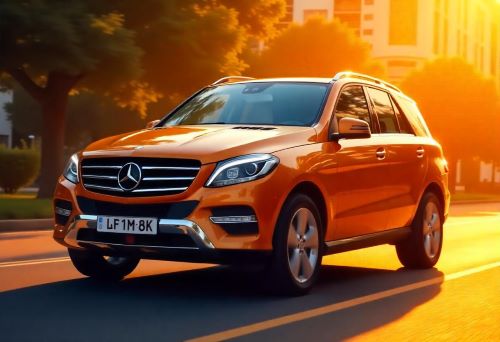
More Stories: Range Rover Owner Faces Similar Plight
Delhi Diesel Ban Impact on Range Rover Owner
Another affected individual is Ritesh Gandotra, owner of an 8-year-old diesel Range Rover purchased in 2018 for Rs 55 lakh. Despite the vehicle being in excellent condition and having run just 74,000 km, Gandotra is also being forced to sell it at a massive loss.
“This isn’t a green policy. It’s a penalty on responsible ownership,” Gandotra wrote on X (formerly Twitter).
He emphasized:
- The SUV has over 2 lakh km of operational life left.
- It remained parked for 2 years during COVID.
- Maintained meticulously, yet deemed unusable under Delhi’s new rule.
- The high 45% GST and cess on new luxury vehicles add further burden.
Public Reaction and Policy Criticism
Keywords: Delhi fuel ban news, 10-year diesel ban Delhi, Delhi diesel vehicle rule, luxury car ban Delhi, pollution control vehicle rule Delhi
Many affected vehicle owners have taken to social media, expressing anger, frustration, and helplessness. The sentiment is that while environmental goals are essential, the execution of the policy lacks fairness, especially for those who maintained their vehicles well.
Common complaints include:
- No buy-back or scrappage compensation for older vehicles.
- Lack of clarity and sudden enforcement of rules.
- The rule disproportionately impacts luxury vehicle owners.
A Shift Towards Electric Vehicles (EVs)
In response to the ban, Varun Vij has now invested Rs 62 lakh in an electric vehicle, hoping to avoid such inconvenience in the future.
“I just want to use this one for 20 years unless another government policy changes things again,” he said.
Growing Interest in EVs in Delhi:
- Rising EV sales due to regulatory pressure.
- Government incentives for EVs under FAME II.
- Exemptions on road tax and registration fees.
What Are the Options for Affected Vehicle Owners?
With thousands of vehicles now non-operational within Delhi, car owners are left with limited choices:
Possible Solutions:
- Sell the vehicle to buyers outside the NCR.
- Scrap the vehicle and get a scrap certificate.
- Convert the car to an EV (though technically complex and costly).
- Shift vehicle registration to another state (not feasible for all).
- Lobby for relaxation of the ban through petitions and associations.
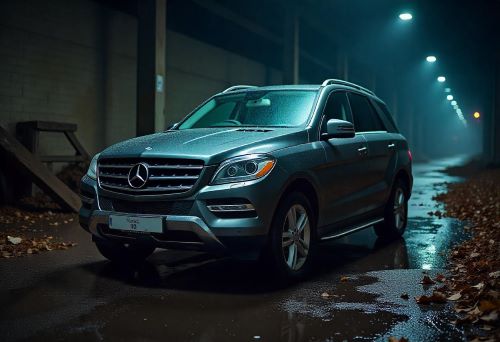
Conclusion: Need for Balanced Environmental Policy
While the Delhi diesel and petrol vehicle ban is well-intentioned in tackling pollution, it has sparked a debate on responsible governance. The economic impact on thousands of families, especially those with expensive yet well-maintained vehicles, cannot be overlooked.
The government may need to explore more balanced approaches, such as:
- Phased implementation
- Buyback programs or incentives
- EV conversion subsidies
- Relaxations for well-maintained vehicles
As Delhi grapples with environmental and economic priorities, the Delhi fuel ban 2025 will remain a critical topic in the coming months.

